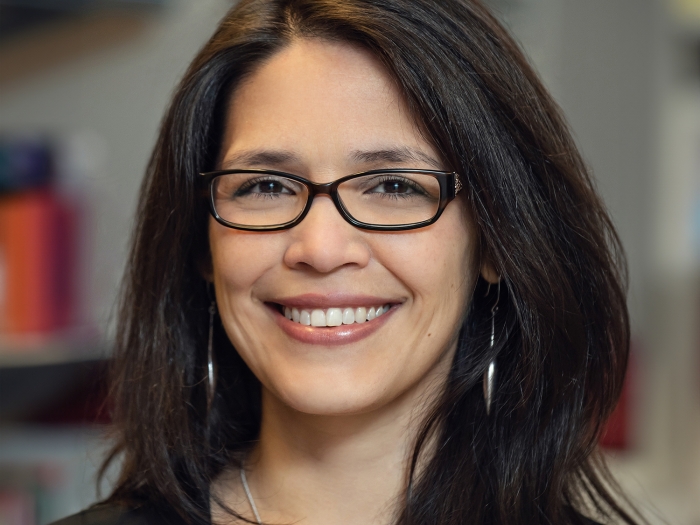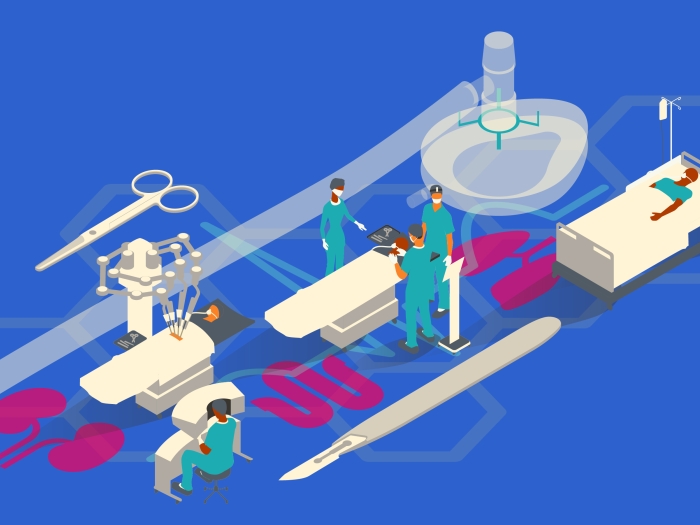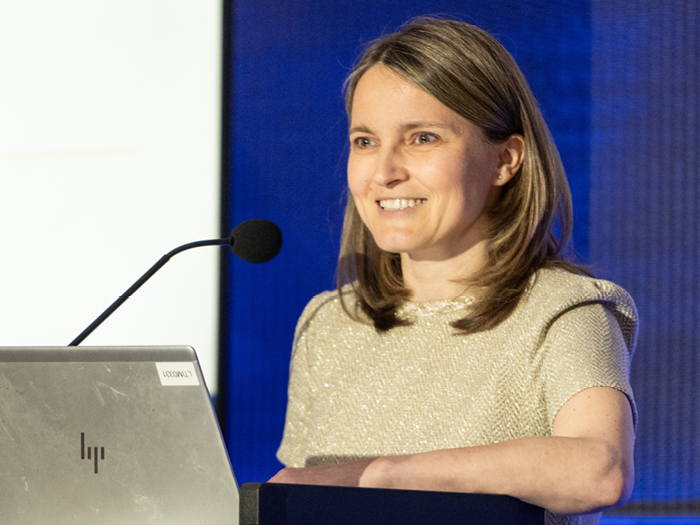I don't often think about my life in terms of percentages, particularly as a way of judging success, but there are times when it is hard to avoid. For example, as sub-interns (the fancy word for fourth year medical students on more intensive rotations, such as in the ICU), we are expected to have off one day in every seven, or a total of four for the rotation. If a normal workweek, one in which the weekend is free, is 5/7, or 71.4%, then my workweek is 6/7, or 85.7%. This leaves only 14.3% of my time as free, which is small. Smaller even than the proportion of arterial lines that I have successfully placed, which is what prompted the writing of this post. An arterial line, or art line, or a-line as you may hear, dear readers, is a special IV that goes into an artery, most often the radial artery in the wrist. It allows for the easy drawing of arterial blood for labs, for continuous blood pressure monitoring, and for the humiliation of every medical student who ever did an ICU rotation. I have attempted the placement of five arterial lines, six if you count the one that I missed the first time but then got later after the one my resident placed failed, and that I subsequently got, as two separate lines. I have successfully placed two. That's right, two. That gives me a resounding 33% or 40% success rate, depending on the counting I mentioned above. This is not reassuring. It is, however, profoundly humbling, which is probably not a bad thing. Maybe humility is what the ICU teaches most effectively of all?

Department of Communication at Michigan Medicine
Want top health & research news weekly? Sign up for Health Lab’s newsletters today!





